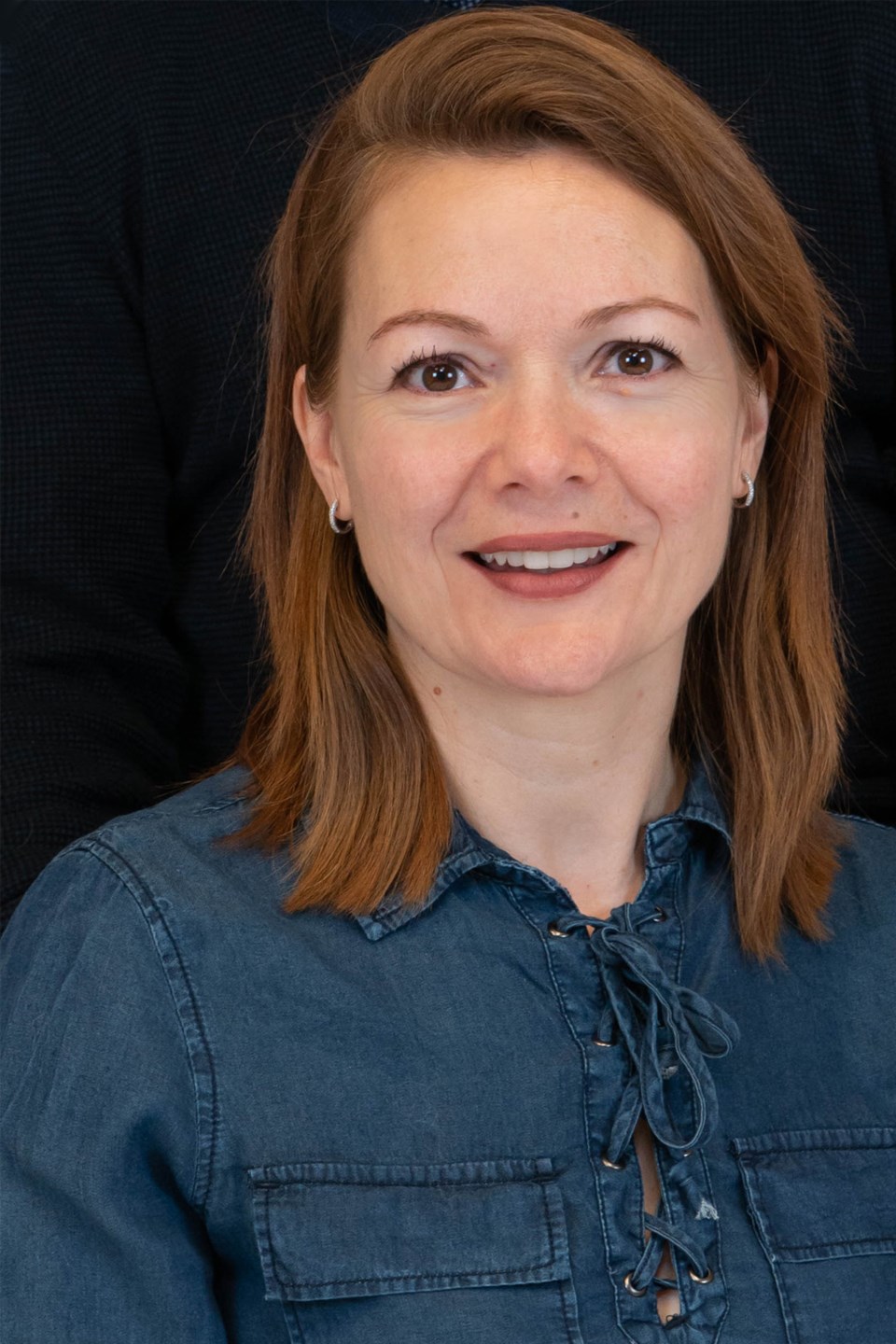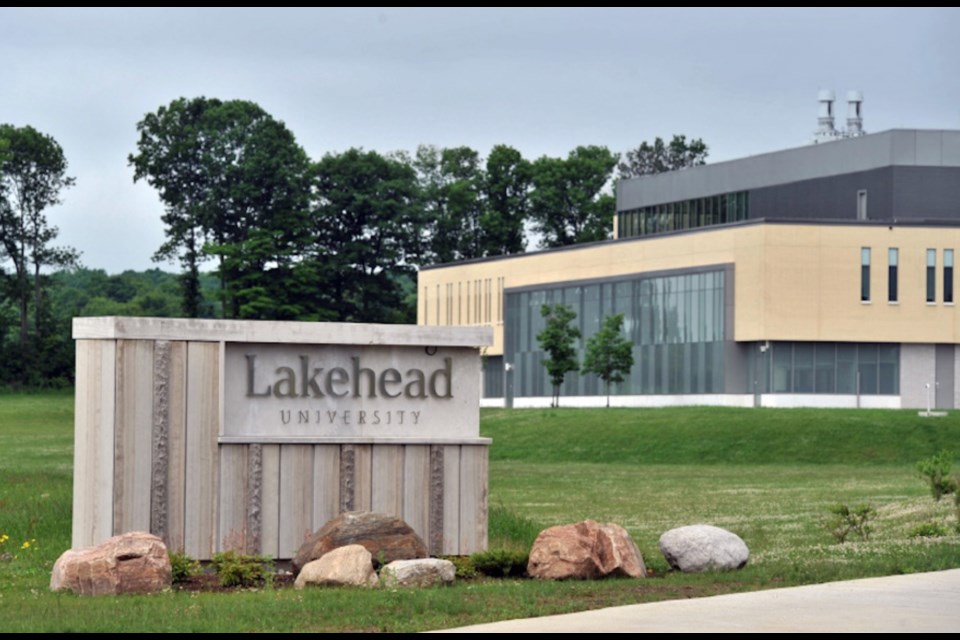Aside from the physical toll of the COVID-19 pandemic, mental health issues festered and proliferated as people were forced to take a large step back from their social lives, experts say.
This week, at Lakehead University, academics and mental health professionals will attend a conference aimed at improving the mental health of post-secondary students – most of whom carried out their studies via Zoom, sans meaningful social connection, through the intervening years of the pandemic.
The first-ever Applied Self-Regulation Knowledge (ASK) Conference will be at the university on May 11 and 12, running all day, and featuring dozens of student, academic, and mental health professional speakers.
“Self-regulation is the ability to remain calmly focused and alert during times of stress, and (we’re) … applying that knowledge to a multitude of situations,” said Sonia Mastrangelo, ASK's director of research, and Lakehead professor.

“What research is showing us is that the rates of anxiety, depression, all of those have increased in this post-pandemic period, so we thought, what a wonderful fit with self-regulation, to try to get the message out there on what self-regulation is and how individuals can help themselves remain calmly focused and alert so that they can tackle a variety of challenges that they face on a day-to-day basis," said Mastrangelo.
Meredith Lovell-Johnson, chair of graduate studies in education, said there was a noticeable dip in student mental health as classes went online and the pandemic persisted.
“Even in classes that were very engaged, they would start at the beginning of the year quite engaged, and then it would just go downhill, and cameras would go off and people wouldn’t bring up ideas in class, and their resiliency and time management, and all of these factors that go into being a successful post-secondary student started to really become more difficult,” she said.
“This is also something that we're noticing across our graduate students, too. Many of them had financial insecurity, where their jobs were at risk. They also had children at home,” Lovell-Johnson said. “We had a lot of students who exited the program or have taken a prolonged leave in the middle of their program.”
Although the worst of the pandemic has subsided, the issues still continue, with all students returning to campus at once.
Lovell-Johnson noted that both years of the bachelor of education program have had to navigate the university together for the first time.
“The second-year students sort of take the first-year students under their wing and show them the building and make sure they know where everything is, and we didn't have that this year for the first year (students),” Lovell-Johnson said. “It was like having 507 first-year students, and for us that was something we never had to navigate before.”
Formed following the pandemic, the ASK Network aims to bring together a wide range of researchers, academics, mental health professionals, and those with lived experience to foster self-regulation methods in a wide variety of areas, and this week’s conference aims to help with that.
“We are going to have a variety of scholars; we have counsellors, we have students who have gone through addiction themselves; we have researchers, so we have a wide multidisciplinary group,” Mastrangelo said. “We felt the need to really highlight the needs, the mental health needs, of university students in this post-pandemic period.”
One speaker at this week’s conference is Allison Gardiner, a student in the faculty of education, who will be giving a talk about her experiences as a neurodivergent student.
“I'm focusing on building empathy for the neurodivergent experience and students that have either neurodivergency or different accessibility needs, so I'm going to be extremely transparent in my talk,” Gardiner said.
“I'm going to be focusing on what my experience has been like so that I can best help different mental health and accessibility professionals within post-secondary support their students in a way that I think is more effective than some of the strategies they might be using currently," said Gardiner.
“I thought that if I came at it from that perspective, it would be more authentic and more helpful for the people who were in attendance.”
Mastrangelo credits Dr. Anne Showalter, Dr. Stuart Shanker, and Dr. Susan Hopkins, all from the MEHRIT Centre, as instrumental in making her work in ASK possible.
The conference costs $175 to attend. More may be read about the event, its schedule, and speakers here.
